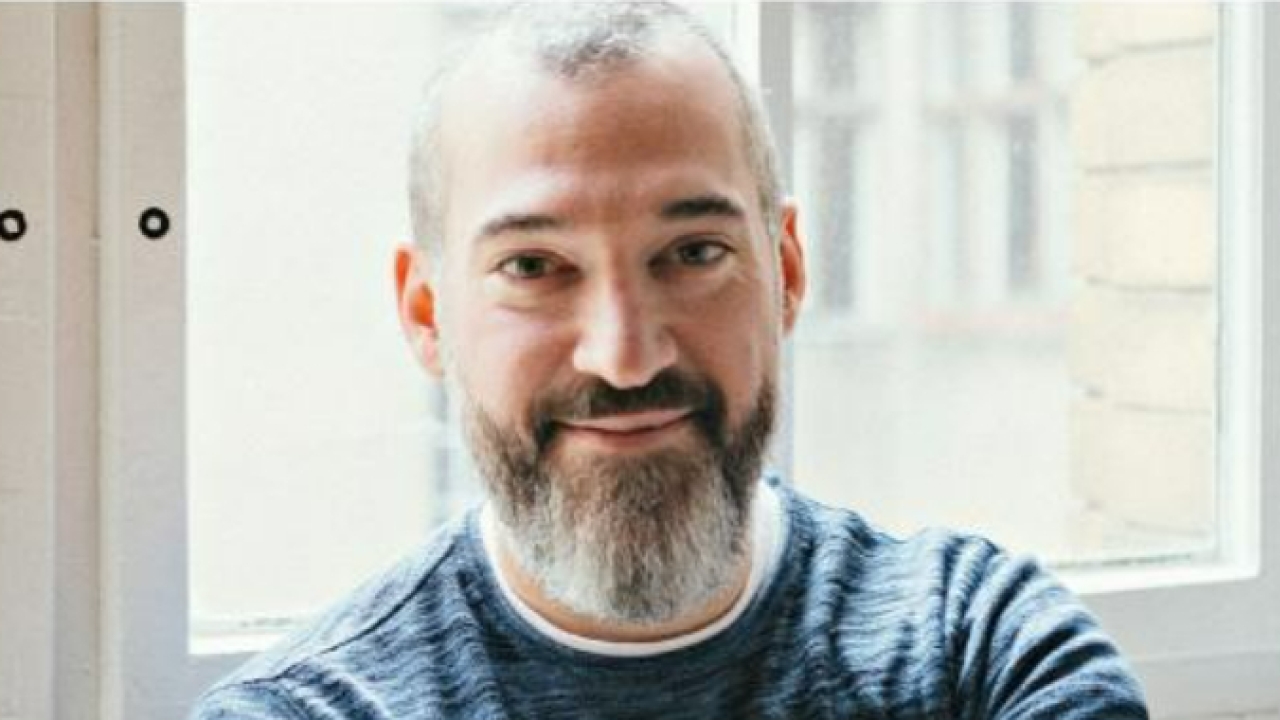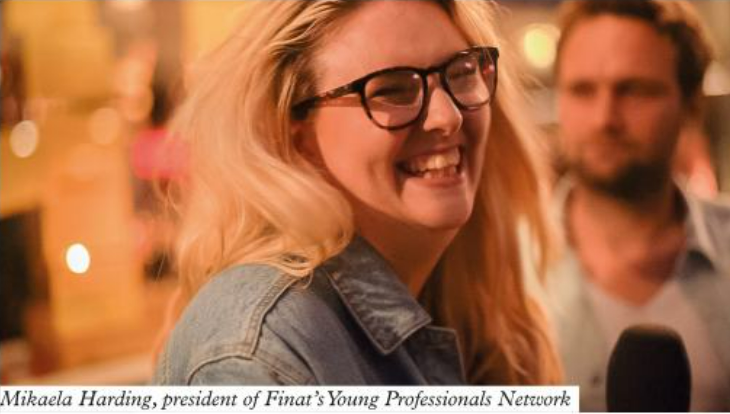Company culture

To create its unique environment, einhorn ran a series of experiments for employee behavior. The first was offering staff unlimited vacation. Wörner explained: ‘At einhorn you can take as much vacation as you want – no matter when, no matter how much. As long as you feel comfortable being gone and your tasks are safe and your team is cool with it.’ Experiment number two was allowing employees to work whenever and from wherever they want, with no set working hours.
“If you want to build a company on trust instead of command and control, you have to implement those values”
Experiments three and four were to remove hierarchies and fixed job roles; employees can define their own role in the company and change it when they please. Einhorn encourages people to learn something new with every new project. The final experiment was to have a completely transparent salary system, where all employees know what their colleges earn, and allow employees to set their own salary. ‘We built a salary system that makes a suggestion of what a salary could look like for you but we give our employees the power to override that system. You can decide your own salary,’ said Wörner.
For einhorn, it all comes down to trust. ‘We trust each other so there is no need to control each other,’ said Wörner. ‘If you treat grown-ups like grown-ups they will act like grown-ups. Trust is really key to having a cool company and having a good working life and having good ways of working together.’
While these cultural elements are quite extreme, Wörner shared three main values from einhorn that other companies can take away: ‘Fug’ (fight and hug) – care about feelings and communication; ‘Fairstainable’ (fair and sustainable) – find your ‘why’ and question your actions again and again; and ‘Unicornique’ (everything has to be special in some way) – allow yourself to play like a child, let chaos rule, and have fun within your projects.

Trust
Following his presentation, there was a discussion panel featuring Wörner, Francesc Egea – general manager at IPE Industria Gráfica SLU, Nannette Thomas – CEO at Synthogra, Matthias Vollherbst – managing owner at VollherbstDruck, and Mikaela Harding. Each panelist commented on what they believe is the most implementable part of Wörner’s presentation for the label industry, and what areas of concern the industry faces.
Wörner addressed the concern of damaging a well-established company. ‘Don't have fear of killing the company. It is not a matter of big company or small company or new company or old company; it is really a matter of what you want your work culture to be. If you want to build a company on trust instead of command and control, you have to implement those values.’
Harding emphasized how important company culture is in the recruitment effort: ‘We don’t attract people because they want to come and develop ink or learn how to print labels – they just want to come work for the company. They want to be a part of that culture.’
Vollherbst said that while not every company can experiment to the extent that einhorn has, there are measures all companies can try. ‘It always sounds like this fancy stuff can only be implemented in start-ups, and obviously I can't give printers the option to take time off whenever they want because we have a production plan. But if we have two shifts, I can let them choose when they want to start work.’
After the panel discussion, the day concluded with an interactive webinar about understanding the cornerstones of an inclusive company culture, presented by Mind Gym and led by Hywell Berry. To emphasize the importance of an inclusive environment for recruitment, Harding explained: ‘83 percent of Gen Z candidates say that a company's commitment to diversity and inclusion is very important when choosing an employer. This is something we all need to be thinking about when it comes to making our industry more attractive.’
Commenting on the day, Mikaela Harding said: ‘The day’s program really came together as I had hoped and actually exceeded my expectations. The YPN is always looking to bring a fresh perspective to our industry, and we believe we did that with the range of speakers and topics we had during the day.’
Stay up to date
Subscribe to the free Label News newsletter and receive the latest content every week. We'll never share your email address.

